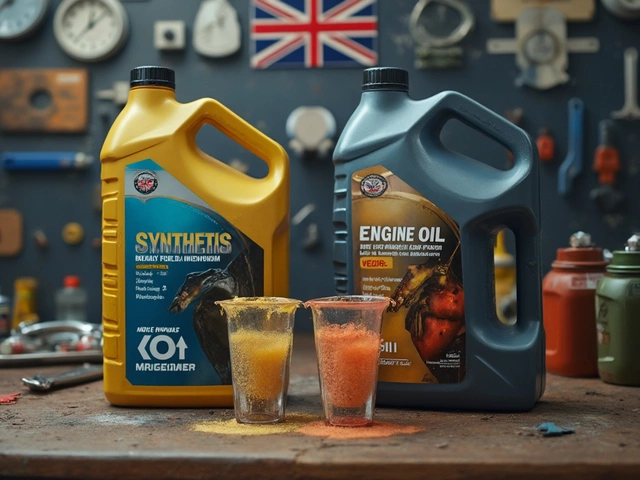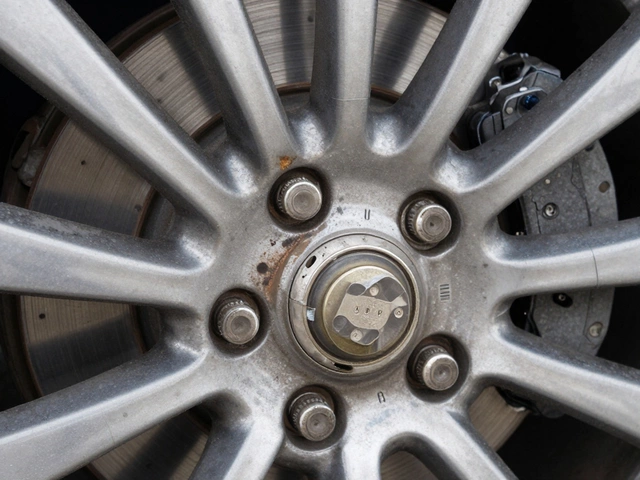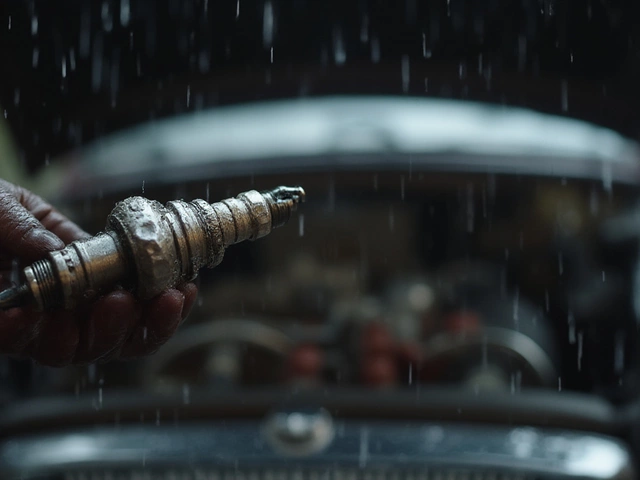Transmission Help & Guides
Got a car that’s reluctant to shift? You’re not alone. Transmission troubles are one of the most common reasons drivers end up in the garage. On this page we pull together the best advice from our blog so you can spot the problem, fix what you can, and know when it’s time to call a professional.
Common Transmission Issues
First off, let’s sort out the basics. When you hear grinding, see slipping gears or notice a delay when you press the clutch, the culprit is often either the clutch or the gearbox itself. Our "Clutch vs Transmission Problems" guide walks you through the key signs of each – a slipping clutch will usually give a burning smell and a soft pedal, while gearbox trouble often shows up as harsh noises or missed shifts.
Another frequent headache is a worn clutch that can’t handle the torque. If you’ve ever wondered "How long does a clutch last after you smell it burn?" we break down real‑world lifespans and give tips on how to get a few more miles out of it before replacement.
Cost is a big question for most owners. Our "Clutch Replacement Cost" article shows you typical price ranges, what affects the bill and ways to save money without cutting corners. Knowing the numbers helps you budget and avoid surprise invoices.
DIY Checks & When to Call a Pro
Before you book a shop appointment, try a quick DIY test. Pop the hood, look for fluid leaks around the transmission, and check the fluid level – low or dirty fluid can cause shifting problems. If the fluid is grime‑filled, a simple change might solve the issue.
Next, give the clutch a feel test. With the car stationary, press the clutch pedal fully and try to shift into first gear. If the gear won’t engage or you feel a gritty resistance, it’s likely time for a professional inspection.
Sometimes the problem isn’t the clutch at all. A failing gearbox can produce similar symptoms but needs specialist tools. In those cases, let a qualified mechanic handle the job – they can diagnose internal wear, replace worn synchronizers or rebuild the unit if needed.
Our blog also covers related topics that often tie into transmission health, like suspension damage that can affect alignment and cause uneven wear, or brake pad choices that influence overall driving feel. All these pieces work together to keep your car running smooth.
Bottom line: keep an eye on sounds, smells and shifting feel, check your fluid regularly, and don’t ignore a burning clutch smell. When in doubt, give Northwich Tyres Centre a call – we’ve got the expertise to get you back on the road without the hassle.
 5 June 2025
5 June 2025
Bad Clutch Sounds: What to Listen for Before It's Too Late
Spotting a bad clutch by its sound can save you from bigger headaches down the road. In this article, you’ll find out what noises signal clutch trouble and why these sounds happen in the first place. You’ll learn the difference between normal clutch noises and the warning signs of serious problems. Get real-world tips on how to catch issues early and what to do next if you hear these sounds. Listening to your clutch now could mean less money spent later.
Latest Posts
-

Is Synthetic Oil the Same as Engine Oil? What You Really Need to Know
-

Does Oil Choice Really Impact Your Car's Performance?
-

How Many Miles Do Brake Pads Last? Real-World Expectations and Signs You Need New Ones
-

Is MERV 13 the Right Choice for Your Home Air Filter?
-

Can a Car Run Without Spark Plugs? Essential Facts for Car Owners
Tags
- car maintenance
- engine oil
- spark plugs
- brake pads
- engine performance
- vehicle maintenance
- spark plug replacement
- windshield wipers
- fuel pump
- suspension parts
- clutch replacement
- oil change
- clutch kit
- car suspension
- car performance
- air filters
- car radiator
- exhaust systems
- fuel pump replacement
- engine misfire

0